The controversial study that split up twins — BBC Reel, 2022, 26:10 — https://www.youtube.com/watch?v=2a5U-yr4ESY
This is an eye-opening investigation of an unethical research practice. The video profiles an experiment started in the 1960s where an adoption agency split up twins and triplets in an attempt to evaluate the roles of nature (i.e., genetics) and nurture (i.e., socialization) play in human development. There were other issues with the study as well; it eventually closed, and results were never sufficiently analyzed or reported (the data is supposedly being sequestered until 2065). The major point here is that this all occurred before the modern emphasis on informed consent and protections for the rights of research subjects. As such, many participants have since spoken about the trauma this experiment has caused, lost relationships with their biological siblings, and other familial harms. As one former participant says, “We were twins but not sisters.”
What other ethical principles in research did this study violate? Should this data be released, and if so, should it be made available for researchers to analyze?
From the video’s description: In the 1960s a well-respected adoption agency in New York deliberately split up infant twins and placed them in different families as part of a controversial study. The program has had a seismic impact on many of their lives. The BBC's Melissa Hogenboom has tracked down identical and fraternal twin participants, as well as one of the original researchers involved, to understand why today, the twins are still seeking answers about this intrusive experiment.

